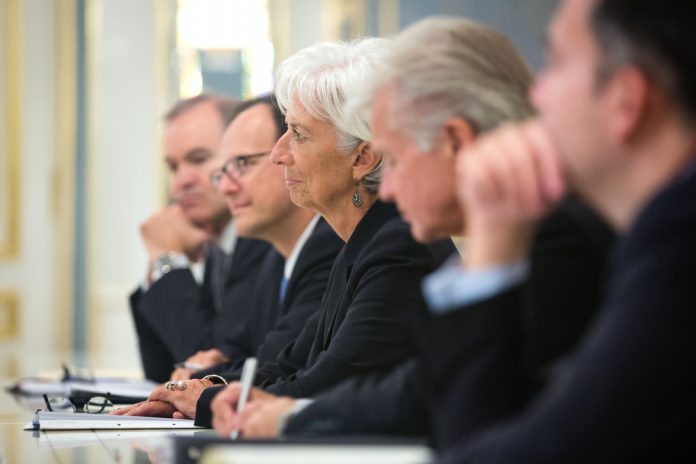The International Monetary Fund (IMF) has warned of growing risks to financial stability in both Europe and China, as part of its biannual report released on Wednesday.
The report names the fragile European banking system as one of the biggest risks, as well as the climate of low interest rates and China’s rapidly growing financial sector. It says the dangers are “medium-term”, with previously identified short-term risks abating since its last report in April.
The European banking system is one of the biggest problems on the horizon, with several Italian and Portuguese banks failing the most recent EU stress test. Although banks generally have a more capital to act as a buffer than before the financial crisis, they continue to struggle to make money in a climate of low interest rates and persistent economic weakness.
Economic weakness is unlikely to improve ahead of negotiations between Britain and the European Union with regards to Brexit, signalling another red flag in the future. However, the IMF yesterday retracted their forecast of another recession should the UK vote to leave the EU, praising the actions of the Bank of England and their hand in “maintaining confidence” in the economy.
The IMF now expects the UK economy will grow by 1.8 percent this year, higher than July’s forecast of 1.7 percent and placing the UK on track to become the fastest growing economy in the G7 this year.
The IMF also identified a potential OPEC deal and its positive effect on commodity prices as having helped economic sentiment globally, as well as reduced uncertainty about China’s prospects in the near term.
Whilst the IMF may be positive about the future of the UK’s economy, Theresa May’s speech on Sunday detailing a timeline for Brexit sparked chaos in the markets. The Pound has suffered heavily since the announcement, currently at its lowest level against the dollar since 1985 and falling steadily against the Euro. In turn, the FTSE 100 has benefitted from the Pound’s demise, moving above the 7,000 barrier on Tuesday and hitting record highs.

